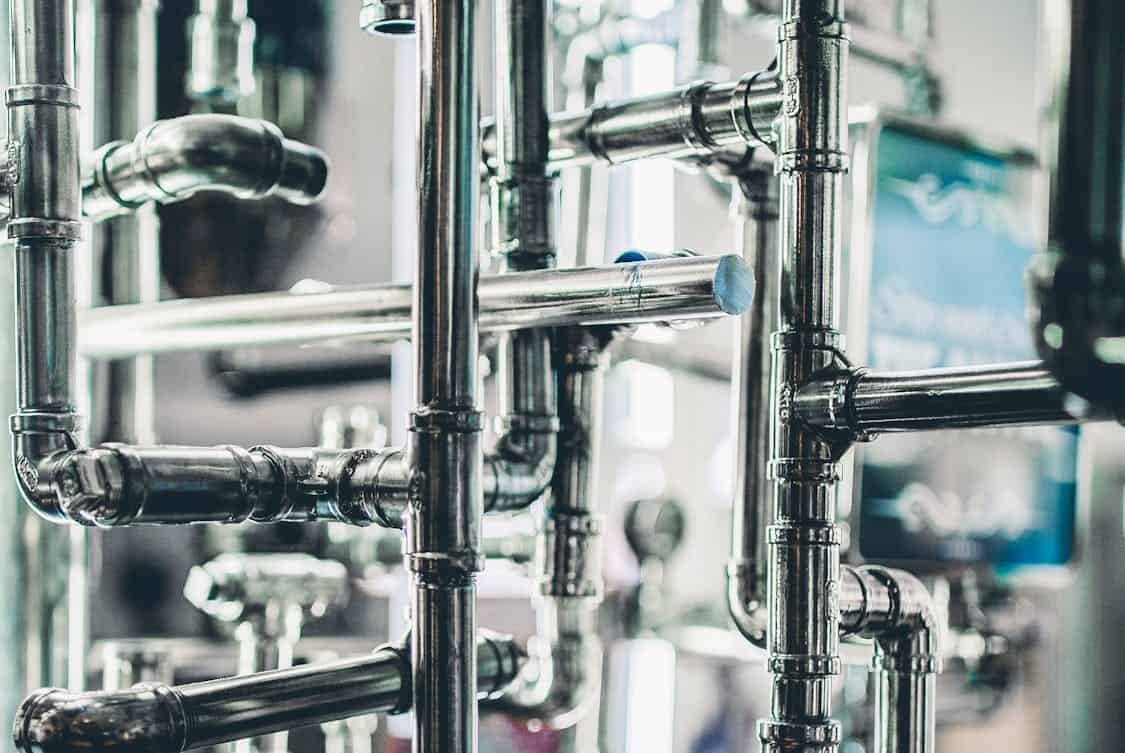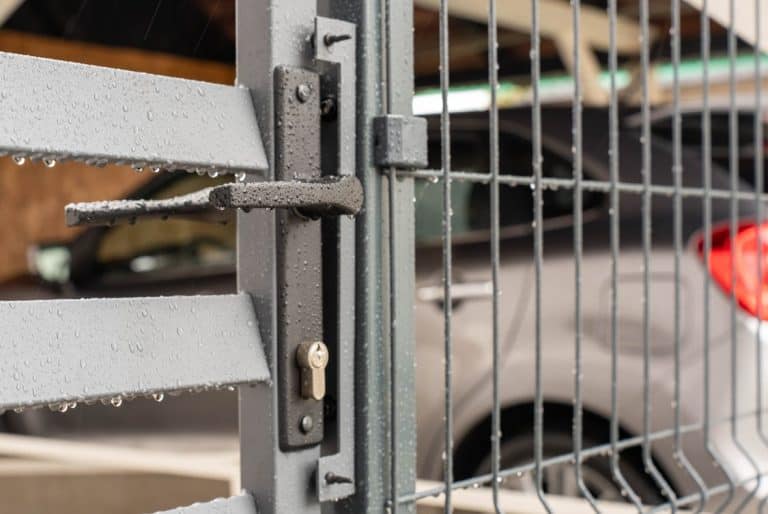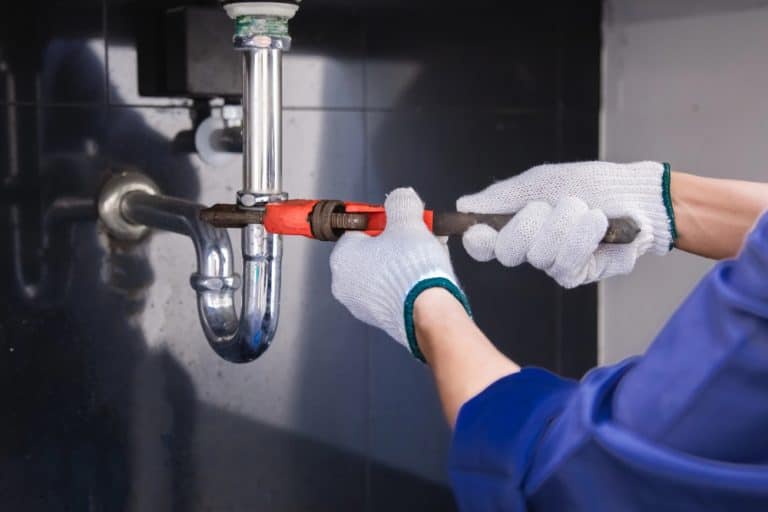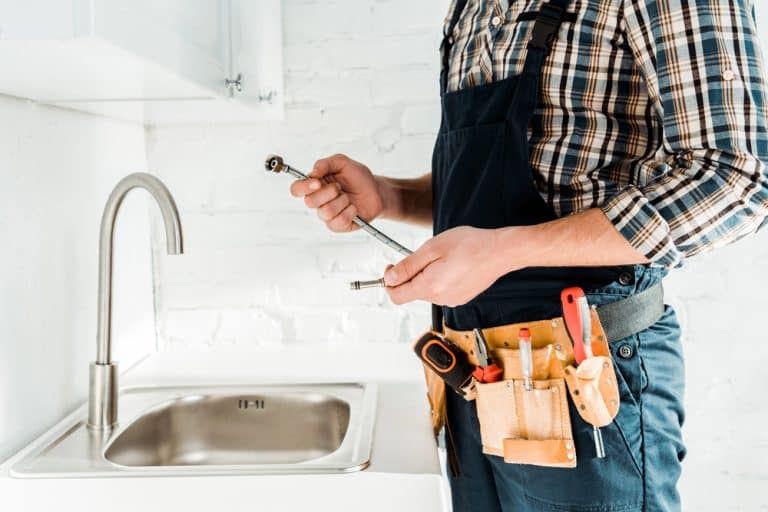A hissing sound is a sign that you have a gas line problem. You should have it inspected right away to avoid damage and health challenges.
A hissing sound is caused by the pressure of escaping gas from a crack or hole in your line. It is accompanied by a gas smell and bubbles in standing water.
Cracks or Holes in the Pipe
While there is always some hissing that occurs when gas moves through the pipes, if it becomes heavy and continues even after you turn off your gas appliances or a gas leak detector goes off, this is a sign of a serious problem. The hissing sound is created when gas is escaping through cracks, holes, or worn out parts of the pipe. Leaks like these need to be addressed immediately as the gas could be escaping at an alarming rate. Turn off the gas and call a professional immediately.
Besides hissing, you may also hear whistling noises when there is an issue with your gas line. You should never try to handle a leaking gas line yourself, as this is a dangerous job that requires the skills of a licensed plumber. If the hissing sounds continue, get away from the area and call emergency services right away. You should also evacuate your home or building to avoid any possible explosions.
Other signs that your gas line has a problem include an unexplained increase in your utility costs and plants dying all over the yard. This is because a gas line leak can deny your indoor and outdoor plants the oxygen they need to survive.
You may also notice a wet spot or bubbles in the soil around your gas lines or meters. These bubbles are caused by gas escaping and displaces the water in the soil. It is not safe to dig near your gas meter or pipes, so if you see any wet areas, don’t touch them and contact a professional right away.
You can do many things to protect your gas lines, including getting regular inspections by a professional. However, the best way to keep your gas lines safe is to prevent them from being damaged in the first place. Regular maintenance and cleaning can help to extend the life of your gas pipes. If you have trees growing near your gas lines, remove them to reduce the risk of damage. If you can’t do this, then make sure to routinely inspect the area and get any rust or corrosion repaired right away.
Uneven Flow of the Gas
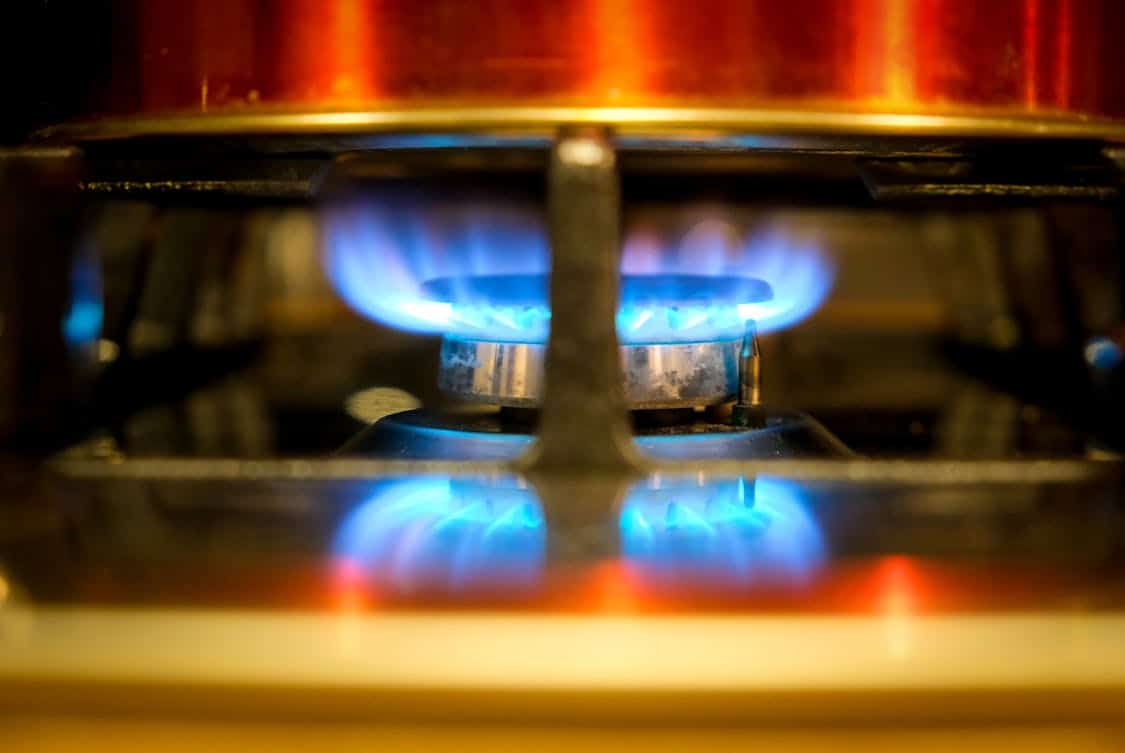
A hissing sound may be caused by the uneven flow of gas through your line. This is a dangerous situation because it means that the hissing sound is occurring at dangerously high rates of speed. If this is the case, you must evacuate your home immediately and contact a professional to inspect your gas lines. The sooner you call a plumber, the more quickly your problem will be solved.
The other reason you might hear a hissing sound is because gas is escaping from a crack or hole in the line. This can also be very dangerous and will require immediate action. If you can, locate the source of the hissing and shut off the gas valve. Do not attempt to turn off the gas yourself, as this could cause a spark and ignite the gas, causing an explosion or fire.
Whenever you hear hissing, be sure to get out of the area and stay there until a professional has inspected and repaired your gas line. A hissing sound is usually the first sign that a gas leak has occurred, but you should be on the lookout for any other signs as well, such as dirt getting kicked up or the presence of fog or mist near a gas line break.
If you see or smell a rotten egg-like odor, this is another sign of a gas leak. Residential gas has a special additive called mecaptan added to it for safety purposes, and the rotten egg-like odor is created when this chemical comes into contact with the water in your pipes.
Exposure to leaking gas can also lead to health concerns, including headaches, dizziness, and nausea. It is important to keep your appliances that use natural gas in good working condition by having our plumbing experts inspect and repair your gas lines regularly.
The other way to prevent gas line leaks is by having us inspect your gas line system often and perform regular maintenance services like air pressure tests. These maintenance services help to ensure that the pipe is properly aligned and doesn’t have any holes or cracks.
Uneven Air Mixture in the Pipe
While there is always some hissing when gas moves through pipes, loud whistling that doesn’t stop when you turn off appliances could indicate a problem with the air mix. This is the same kind of sound you might hear if the pressure in your gas line is set too high. If this is the case, a quick trip to your gas utility company can solve the problem quickly and easily.
While it isn’t as serious as a crack or hole, this type of hissing is still a sign that the gas line may need to be repaired or replaced. A professional plumber can come and look at the lines to see what the issue is and make repairs as needed. If you suspect a gas leak, it’s crucial to seek professional assistance immediately. A qualified plumber Arvada service can inspect your gas lines, identify the issue, and ensure your home remains safe from potential hazards.
Leaking gas lines can be dangerous and even deadly if they aren’t fixed immediately. You should always get your gas lines inspected regularly, especially in older homes, to catch problems before they become too large to handle.
Another thing you should look for is a hissing noise near the exposed gas lines outside your home. These types of leaks can be more dangerous than those inside the house because they can create fires and explosions that could damage your property and hurt or even kill people nearby.
If you hear this noise, get everyone in your household out of the area right away. Don’t turn on any lights or use anything that requires electricity to avoid creating sparks, which could ignite the gas and cause a fire or explosion. Call your utility provider and a plumber to come and inspect the line.
The other major warning sign is if you smell gas around the area of the leaking gas line. Both natural and propane gas have a distinct odor that is easy to recognize. This odor is added to the gas by utilities to help them detect any leaks within their lines. If you notice this odor in your house, it’s time to contact a plumber.
There are other signs that a gas leak is forming, as well. For example, you might notice that your indoor plants are wilting or dying. This is because the gas leak is keeping them from getting the oxygen they need to survive. You should also check your energy bill periodically to see if the cost of using gas appliances is getting higher than normal.
Sulfur Smell
If you hear a hissing sound in your gas line, it’s important to get it checked out by a professional. This could be a sign of a serious problem that could lead to an explosion or damage your home or business. A professional plumber can check your gas lines for a variety of problems and make sure they are safe.
If the hissing is accompanied by a sulfur smell, that is another good indication there may be a leak in your gas line. Natural gas doesn’t have its own odor, so the utility company adds a chemical called mercaptan to it that gives it a distinctive rotten egg smell when there is a leak. The odor can also be caused by corrosion in your pipes or a crack in the line.
In addition to hissing sounds, a rotten egg smell is often accompanied by other signs of a gas leak. These include bubbles in standing water and dead plants near the gas line. The escaping gas can also force dirt into the air and cause it to blow away or create dust clouds. If you see any of these signs, leave the area immediately and call your gas company or a licensed plumber.
Another thing to watch for is a sudden increase in the use of your gas appliances. This could be a sign that there is a leak in the line and that it is being forced through your home to reach them. In addition, you should regularly inspect your gas pipes and meter for physical damage like dents or rust.
The most important thing to do if you hear a hissing noise in your gas line is to evacuate the area. This should be done as quickly as possible and without turning on any lights or using anything that might make a spark. Then, call the gas company and a plumber to come and do a full inspection of your line and repair any damage. Once everything is safe, you can turn your gas back on. However, you should always have a professional plumber inspect your gas line before doing so.

